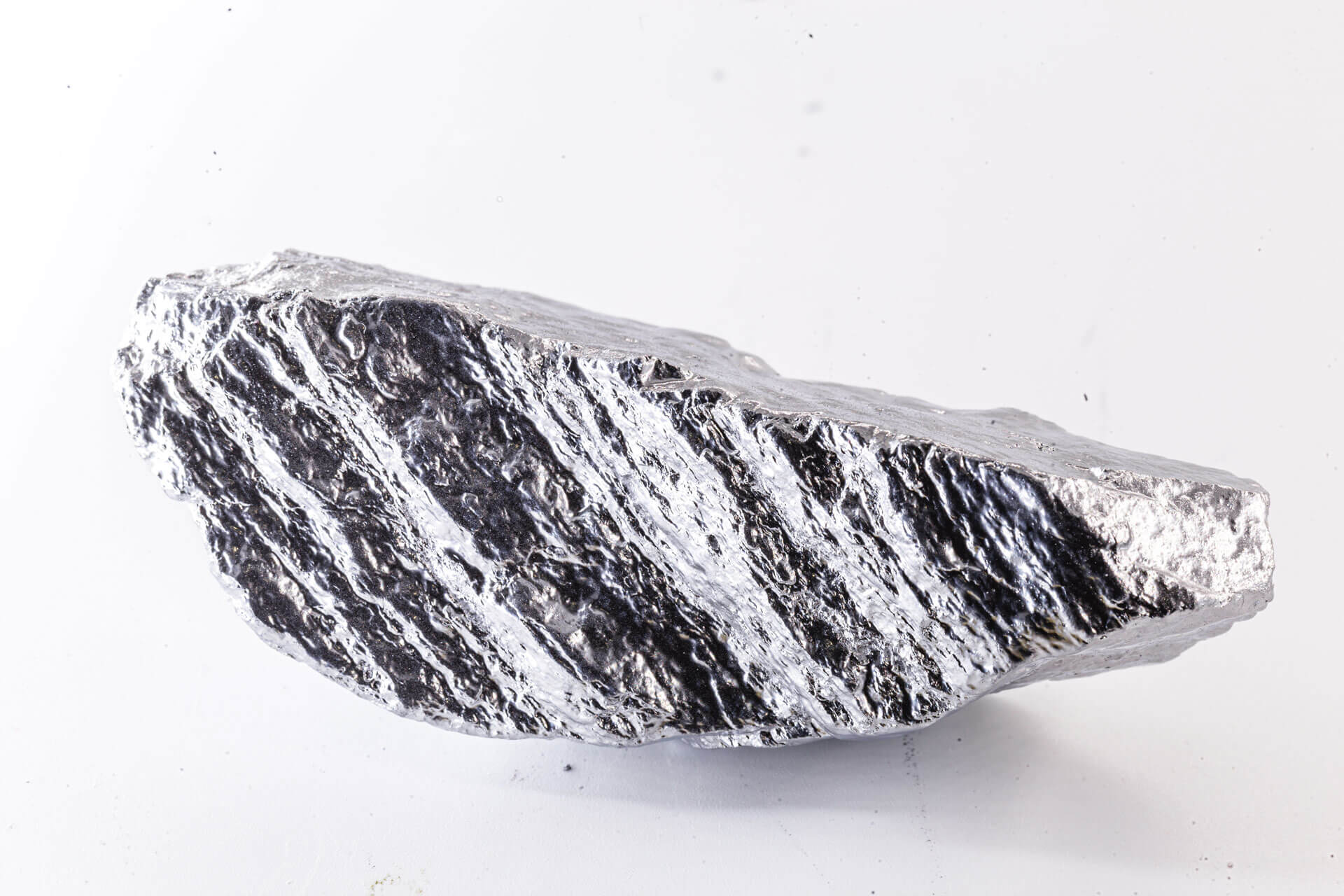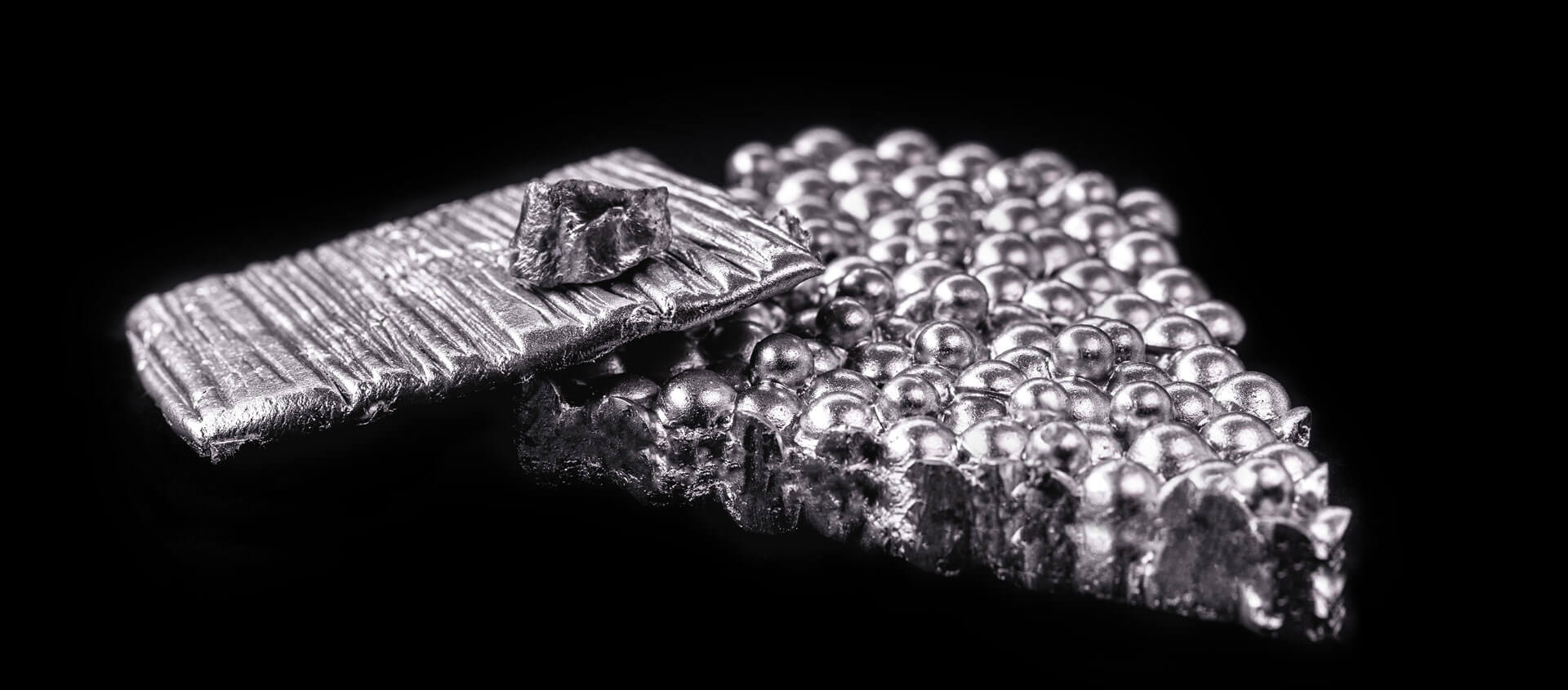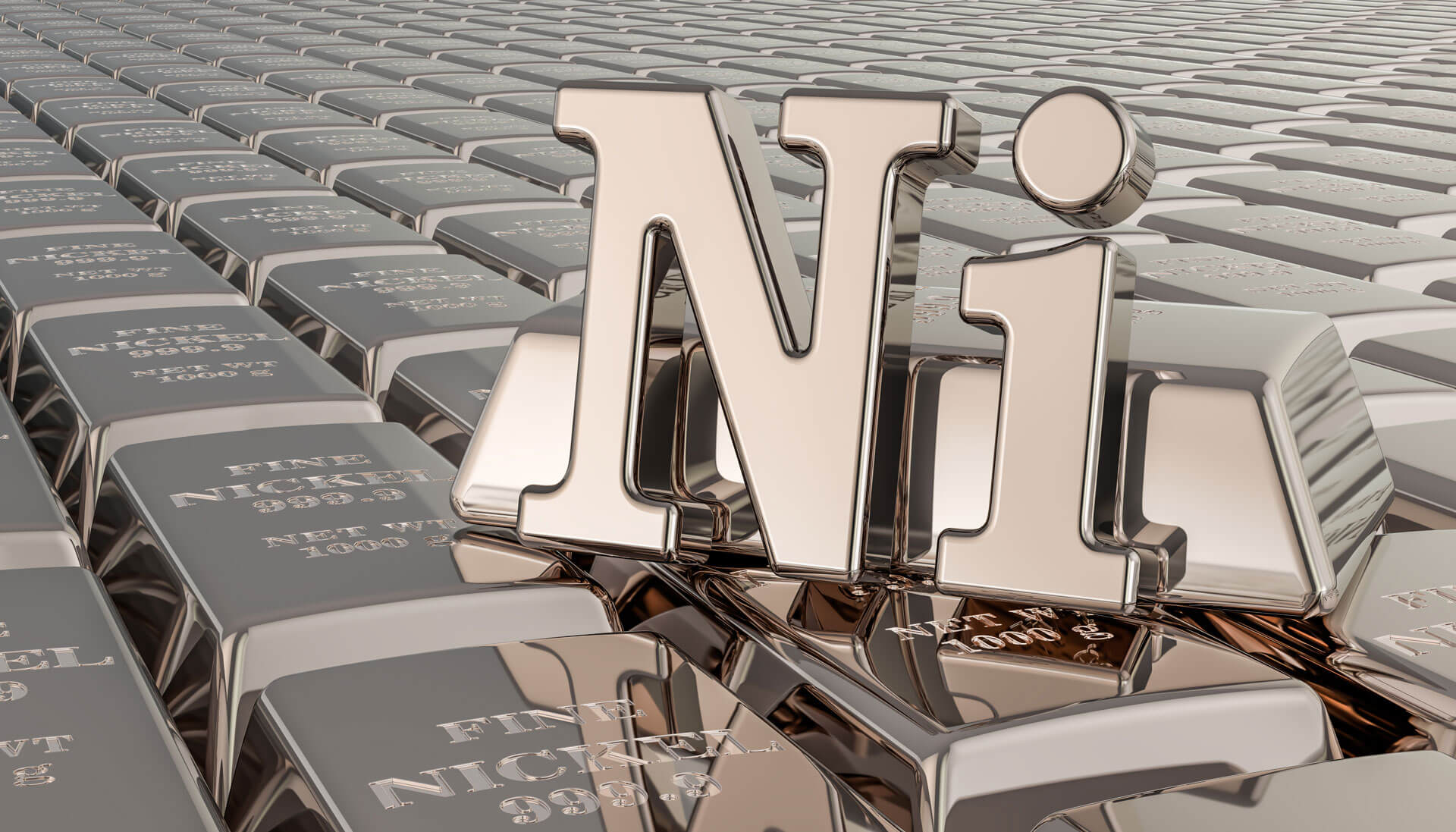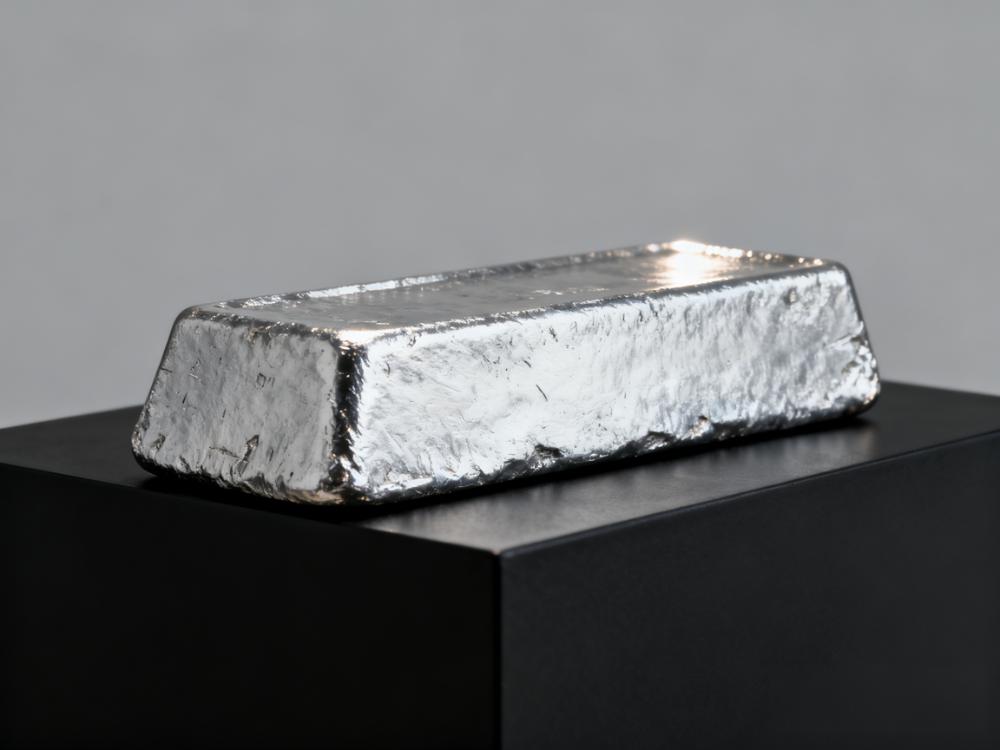According to Taiwan's Economic Day bao, citing supply chain sources, Apple's first electric car, the Apple Car, may be unveiled in September next year, at least two years earlier than expected in 2023, and the prototype car has been tested on the road in California.
The industry pointed out that in addition to brand effect, Apple Car, a successful sales model for products such as smartphones, is expected to pose a threat to Tesla within two years at the earliest.
According to the supply chain, because the Taiwan factory has a complete supply chain such as car electricity, power motor, battery, charging and body system, and after years of running-in by Tesla, Apple has preferred to cooperate with the factory.
In contrast to the usual practice of iPhone material preparation starting with zero components, Apple has recently actively put forward requests for stock to Taiwan auto parts manufacturers such as Heda, the Federation of Trade, Heqin, and Futian, and entered the first wave of the supply chain, which has successively received sample orders or started small shipments. It is expected that the benefits of shipping and business opportunities will be released next year, and will fully erupt in 2022.
Among them, Hutchison's new factory located in Chiayi Dapu Mei Park is speeding up the construction of AI intelligent production lines, and six new production lines will be put into production in the second quarter of next year. Heqin is also actively expanding production on both sides of the strait. Taiwan's Quanxing plant is expected to complete relocation and mass production by the end of the year, and the fifth workshop of Jiaxing new factory is scheduled to complete the relocation in the second quarter of next year. Futian's phase II plant in Tonggong is expected to be put into production next year. The production capacity of electric vehicle power motor components in the first and second phase of the plant can be increased from the current 400000 sets per year to 1 million sets in one fell swoop, and the power integration system will be increased to more than 400000 sets.
Ambition has been around for a long time. Apple's car-building process continues to accelerate.
This progress is also consistent with previous rumors. It was reported earlier this month that Apple was working with TSMC to develop a self-driving car chip for "Apple cars", which is said to be similar to Tesla. The two companies have drawn up plans to set up factories in the United States to produce "Apple car" chips and are in talks with upstream and downstream suppliers in the automotive electronics supply chain.
According to foreign media reports at the same time, Apple has handed over its self-driving car department to John Janandria, head of artificial intelligence, who is Apple's senior vice president of artificial intelligence and machine learning, and currently leads Apple's Siri and machine learning team. he will be responsible for the development of self-driving car systems, which may be used in Apple cars in the future.
In fact, Apple's car-building ambition has been around for a long time. In 2013, Apple officially launched the "iOS in the Car" car system at the Global Software developers' Annual meeting (WWDC) (later renamed CarPlay), to announce Apple's entry into the automotive industry, and secretly launched the Titan project the following year to start substantive research on hardware and software for cars.
After 2019, Apple's fall in the smart car field has accelerated significantly, and a large number of patents have been approved in the automotive field, covering a wide range of technologies, including automatic navigation, charging technology, CarPlay in-car system, car body structure optimization, car safety facilities and so on. Apple acquired self-driving car startup Drive.ai in the same year.
Cars, as an important part of Apple's future business landscape, also began to occupy more space at the 2020 WWDC held earlier this year, introducing three new functions: electric vehicle navigation, CarPlay system and mobile phone keys.
Tech giants form a group to cut into "software definition" or subvert the format of car building
In addition to Apple, technology giants at home and abroad, including Amazon, Huawei, Alibaba, Baidu and so on, are also eyeing cars covetously, and similar to Apple and TSMC, they have joined the car-building war one after another in the mode of cross-border groups, among which the MIH platform "moments" composed of global 3C giant Hon Hai Group and Amazon, Qualcomm and Ningde era is the most "star-studded".
Behind this, at a time when "software-defined cars" has gradually become the consensus of the industry, the traditional car-building industry is facing a bottom-up subversive change.
Some institutions and analysts believe that at present, like other hardware manufacturing industries such as smartphones, the automobile industry is also going through the process of "hardware commercialization." the differences that can be achieved by hardware are getting smaller and smaller, and the profits from hardware sales are getting thinner and thinner. At the same time, the importance of software and services in the industrial chain is becoming more and more prominent.
According to the Deloitte report, the concept of "software-defined cars" has three core points:
Software and automotive electronics account for the gradual increase in the research and development cost of the whole vehicle, and the value of software and electronic hardware in the vehicle is expected to surpass the hardware and become the core of the value of the whole vehicle, and the changes in performance and function brought about by the change of software and software will determine the difference of cars in the future. Enterprises in the industrial chain, including mainframe factories and spare parts enterprises, will strengthen software capacity building and start internal changes in product development mode, organizational structure, personnel composition, operation system and so on around the "software-defined vehicle".
This also explains why the above-mentioned global technology giants have entered the car-building field in a "group" mode, and have all adopted a radical car-building strategy at the moment.
According to the Deloitte report, software costs are expected to account for 50 per cent of vehicle BOM (bill of materials, Bill Of Material)) by 2030, up from less than 10 per cent today. It should be pointed out that in addition to application development, the software here also includes AI algorithm, operating system, and electronic hardware such as controllers and chips with a high degree of integration of software and hardware.
Domestically, according to Zhiyan Consulting, China's automotive electronics market is expected to grow to $100 billion (nearly 700 billion yuan) in 2020, with a market size of more than $87 billion (about 600 billion yuan) in 2018.



